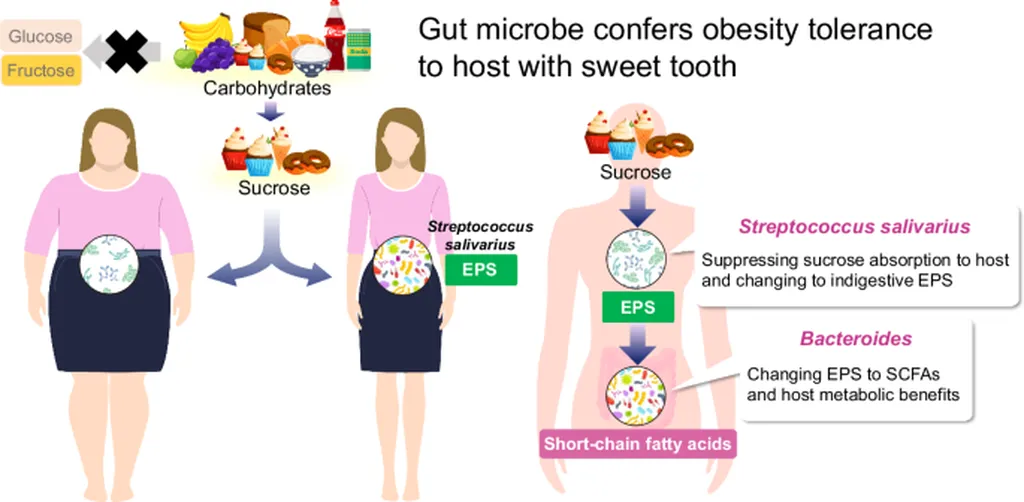In the quest to optimize the cultivation of beneficial bacteria, researchers have made a significant stride that could reshape the probiotic industry. A study published in *Shipin gongye ke-ji* (translated to *Food Science and Technology*) has unveiled how different carbon sources can influence the viability and metabolic activity of Bifidobacterium longum subsp. infantis, a strain known for its health benefits. Led by Xiaoyuan Zhang from the Key Laboratory of Dairy Biotechnology and Engineering at Inner Mongolia Agricultural University, the research offers promising insights for enhancing the production of highly active bacterial cultures.
The study focused on Bifidobacterium longum subsp. infantis B8762 (B8762), a strain with distinct physiological subpopulations that exhibit varying metabolic activities during cultivation. By employing flow cytometry sorting, the researchers separated B8762 cells following high-density fermentation with lactose, sucrose, and maltose as carbon sources. The goal was to compare and analyze the differences in carbon metabolism and growth performance across these subpopulations.
The results were striking. The number and turbidity of B8762 cells varied significantly depending on the carbon source used (P<0.05). Notably, the activity of fructose-6-phosphate phosphoketolase (F6PPK) in the live cell subpopulations cultured with lactose, sucrose, and maltose was 1.47, 2.42, and 2.83 times higher, respectively, compared to the damaged cell subpopulation. This indicates that different carbon sources can profoundly impact the metabolic activity and viability of bacterial cells.One of the most compelling findings was the performance of sucrose as a carbon source. After re-cultivation, the viable bacteria count in the sucrose-cultured live cell subpopulation reached (2.46±0.01)×109 CFU/mL, significantly surpassing that of the other subpopulations (P<0.05). "Sucrose outperforms lactose and maltose as a carbon source in promoting cell activity," stated Xiaoyuan Zhang, highlighting the potential of sucrose to enhance the cultivation and preparation of highly active bacterial powders.The implications of this research are far-reaching. For the probiotic industry, understanding how different carbon sources affect bacterial viability can lead to more efficient and effective production processes. This could result in higher-quality probiotic products with enhanced health benefits for consumers. Additionally, the study's findings could pave the way for further research into optimizing the cultivation conditions for other beneficial bacteria, potentially revolutionizing the field of probiotics and beyond.As Xiaoyuan Zhang and his team continue to explore the intricacies of bacterial cultivation, their work serves as a beacon of innovation in the quest for better health solutions. The study, published in *Shipin gongye ke-ji*, not only advances our understanding of bacterial metabolism but also opens new avenues for commercial applications in the energy and health sectors. With each discovery, we move closer to a future where science and technology converge to improve lives and industries alike.

